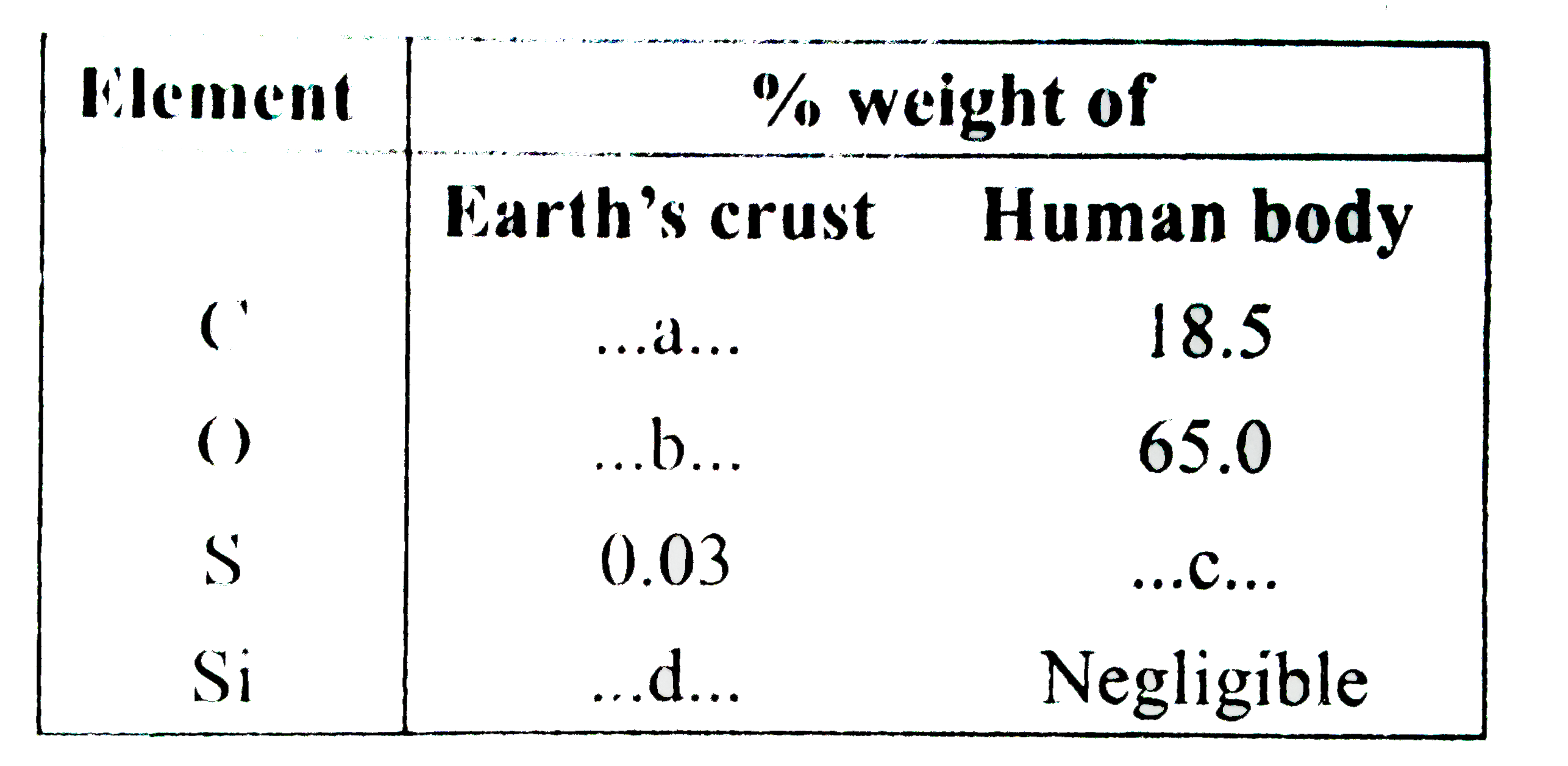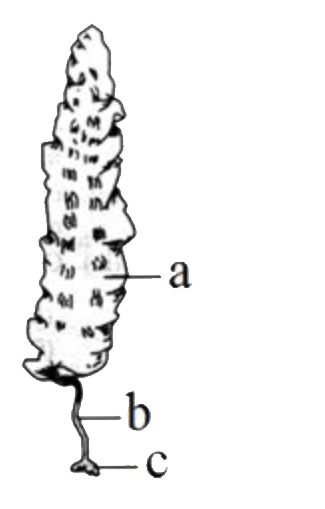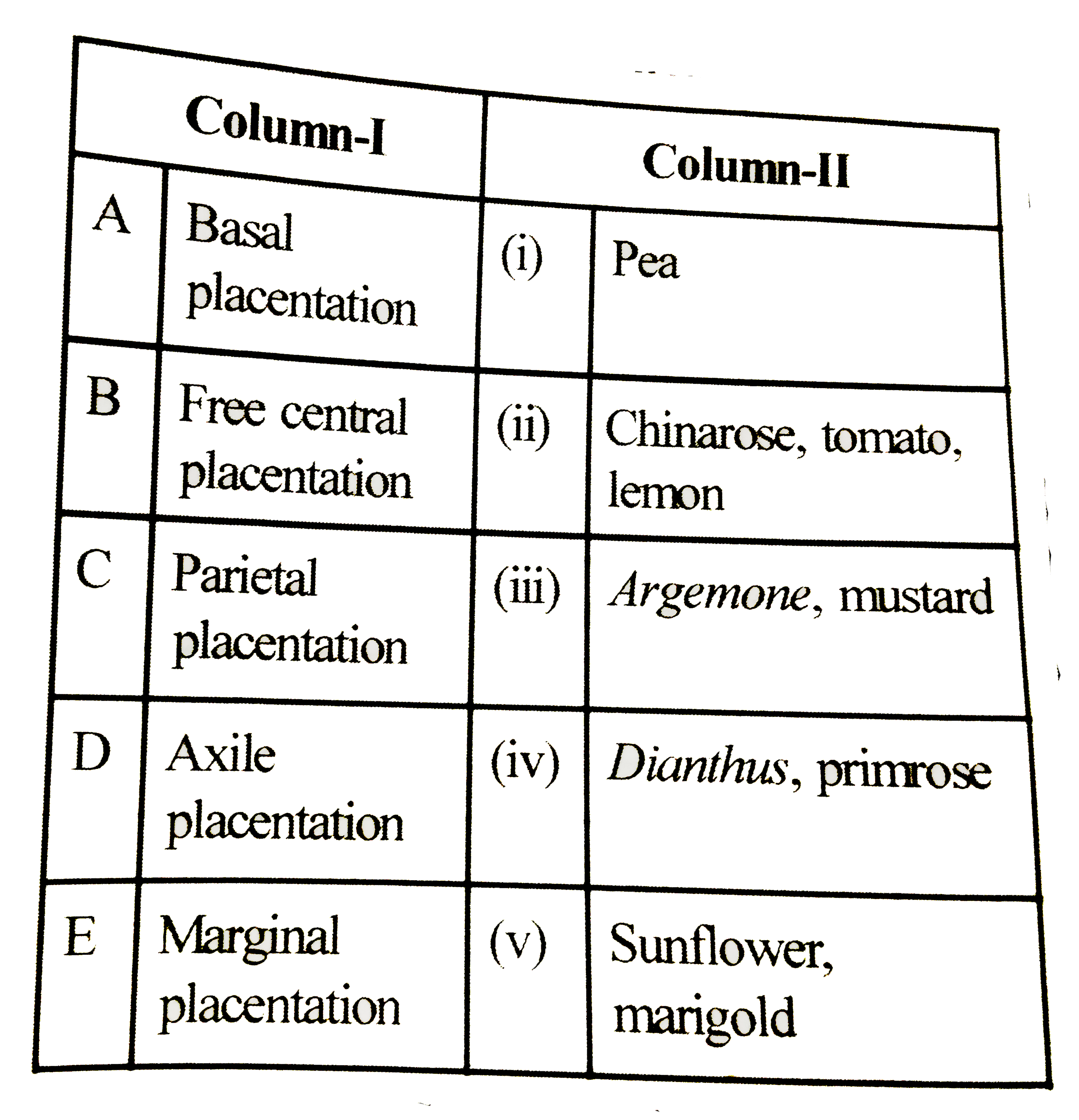Find out the correct match from the following
StructurePhylumFunctionComb platesCnidariaLocomotion
StructurePhylumFunctionCnidocytesCtenophoraDefence
StructurePhylumFunctionSetaeAnnelidaMovement
StructurePhylumFunctionAristotle's lanternMolluscaTo produce light
The correct Answer is:C
To solve the question, we need to identify the correct match between the structure, phylum, and function from the given options. Let's analyze each option step by step.
1. Option 1: Completes, Phylum - Cnidaria, Function - Locomotion
- Analysis: The term "completes" seems to be a typo or misinterpretation. The correct term is likely "completes" referring to "completes" in the context of "completes" in Cnidaria. However, Cnidarians do not have a specific structure called "completes" for locomotion. Instead, they use their tentacles and body contractions for movement. Thus, this option is incorrect.
2. Option 2: Nidocytes, Phylum - Tenophora, Function - Defense
- Analysis: Nidocytes are specialized cells that contain nematocysts (stinging structures) and are primarily found in the phylum Cnidaria, not Tenophora. Their main function is indeed for defense. Therefore, this option is also incorrect.
3. Option 3: Setae, Phylum - Annelida, Function - Movement
- Analysis: Setae are bristle-like structures found in annelids (such as earthworms). They play a crucial role in locomotion by anchoring the worm to the substrate as it moves. This option correctly matches the structure, phylum, and function.
4. Option 4: Aristotle's Lantern, Phylum - Echinodermata, Function - Feeding
- Analysis: Aristotle's Lantern is a complex structure found in sea urchins (which belong to the phylum Echinodermata) and is used for feeding. However, this option was not mentioned in the video transcript as a choice to evaluate.
Conclusion:
The correct match from the options provided is Option 3: Setae, Phylum - Annelida, Function - Movement.
- Analysis: The term "completes" seems to be a typo or misinterpretation. The correct term is likely "completes" referring to "completes" in the context of "completes" in Cnidaria. However, Cnidarians do not have a specific structure called "completes" for locomotion. Instead, they use their tentacles and body contractions for movement. Thus, this option is incorrect.
- Analysis: Nidocytes are specialized cells that contain nematocysts (stinging structures) and are primarily found in the phylum Cnidaria, not Tenophora. Their main function is indeed for defense. Therefore, this option is also incorrect.
- Analysis: Setae are bristle-like structures found in annelids (such as earthworms). They play a crucial role in locomotion by anchoring the worm to the substrate as it moves. This option correctly matches the structure, phylum, and function.
- Analysis: Aristotle's Lantern is a complex structure found in sea urchins (which belong to the phylum Echinodermata) and is used for feeding. However, this option was not mentioned in the video transcript as a choice to evaluate.
The correct match from the options provided is Option 3: Setae, Phylum - Annelida, Function - Movement.
Topper's Solved these Questions
Similar Questions
Knowledge Check
Find out the correct match from the followign table :−
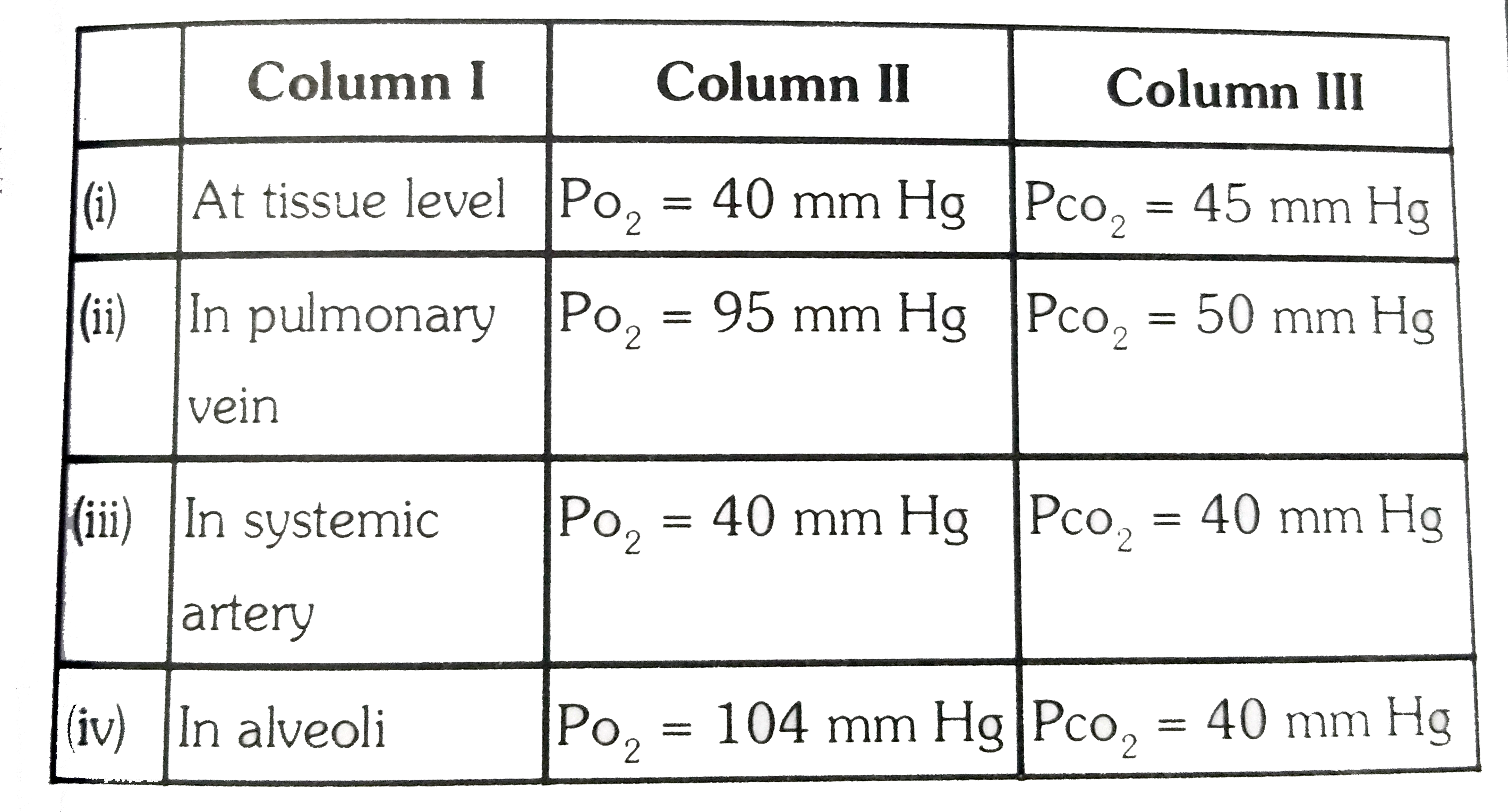 ABoth (i) and (ii)BBoth (iii) and (iv)C(i) , (ii) and (iii)DBoth (i) and (iv)
ABoth (i) and (ii)BBoth (iii) and (iv)C(i) , (ii) and (iii)DBoth (i) and (iv)Find out of the correct match from the following table (regarding biotechnological aplications):-
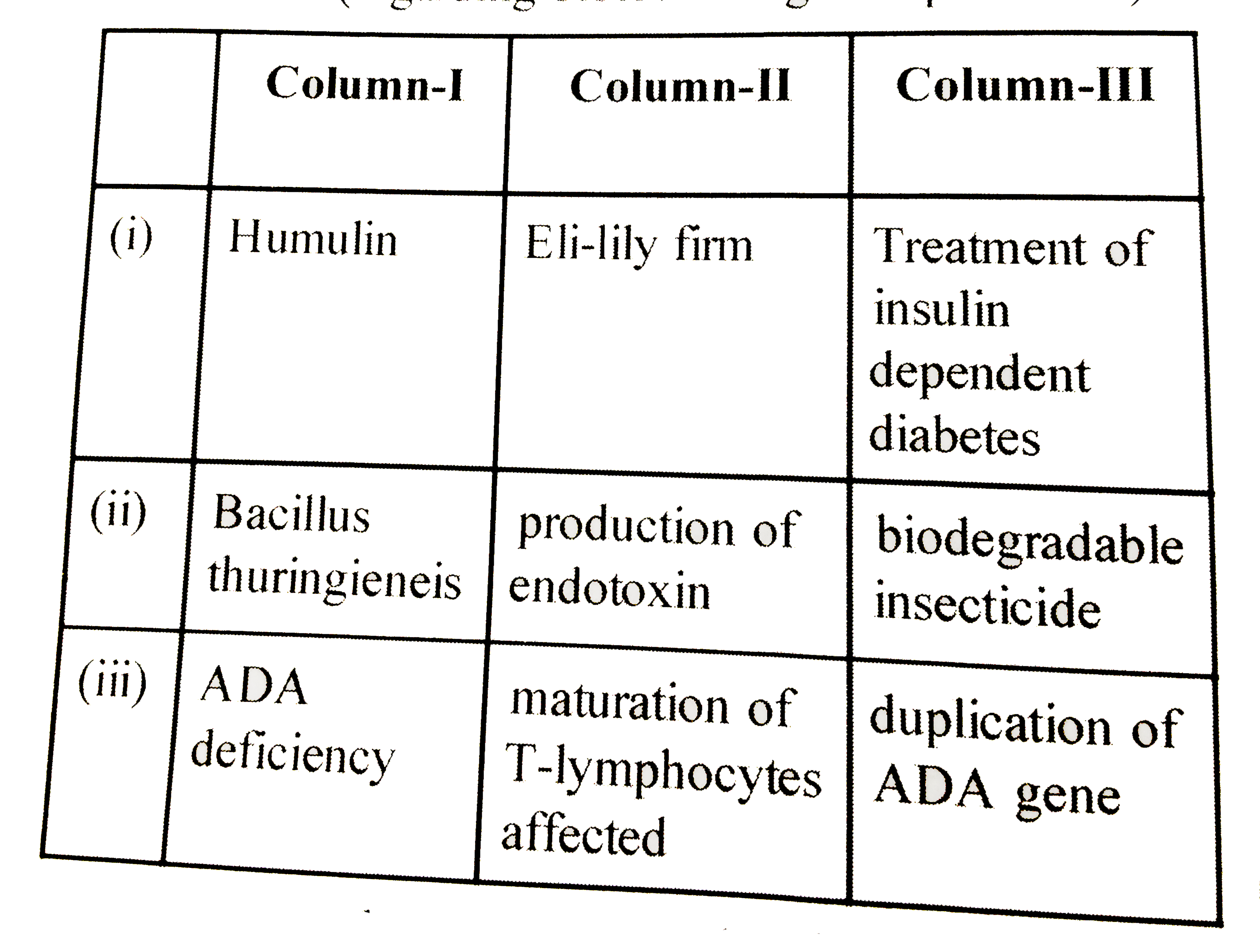 A(i) onlyB(i) and (ii)C(iii) onlyD(ii) and (iii)
A(i) onlyB(i) and (ii)C(iii) onlyD(ii) and (iii)Find out the correct match in the following : Structure / Phylum / Function
ASetae / Cnidaria / LocomotionBAmoebocytes / Ctenophora / DefenceCParapodia / Annelida / SwimmingDSclerites / Mollusca / Respiration


